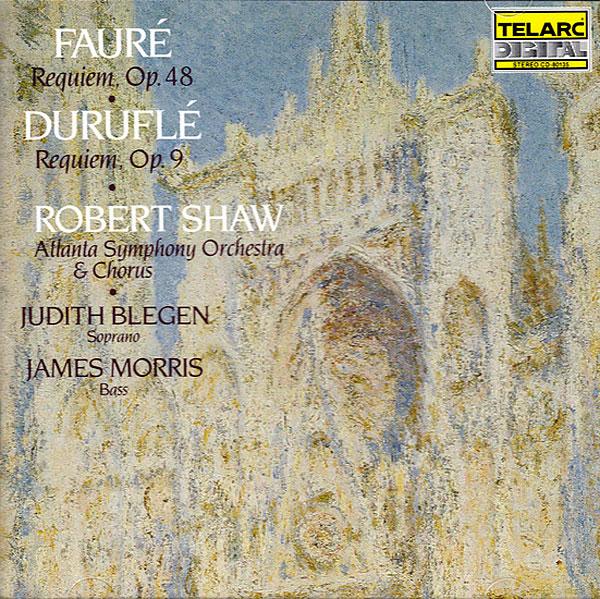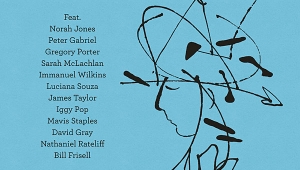| Columns Retired Columns & Blogs |
One of the best, have it love it, still have a slight preference for the Giulini version and also honorable mention to the Cluytens which I also adore. Can't go wrong with any of these. Fact get all three. It is a beautiful work








































